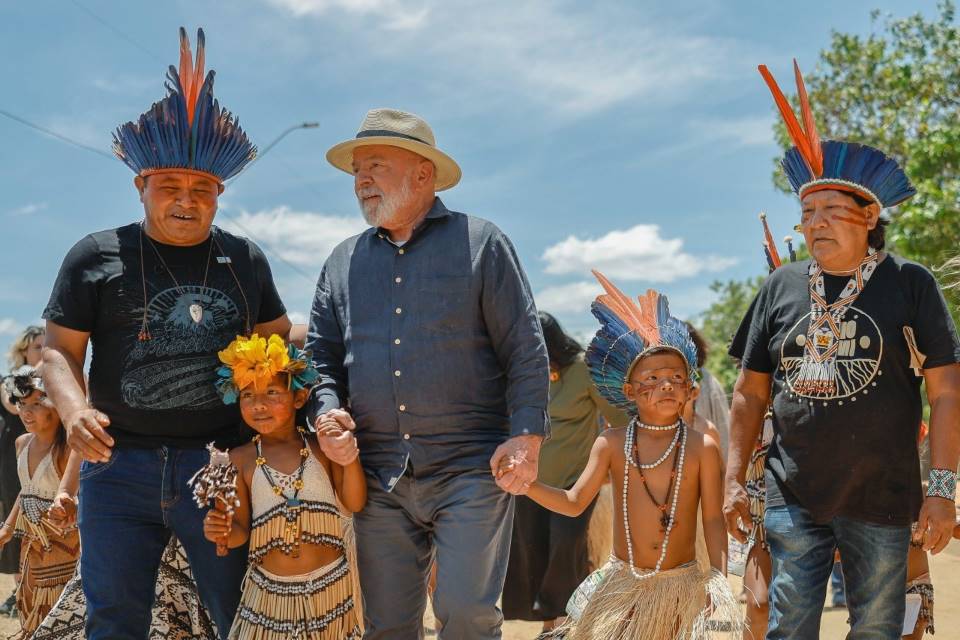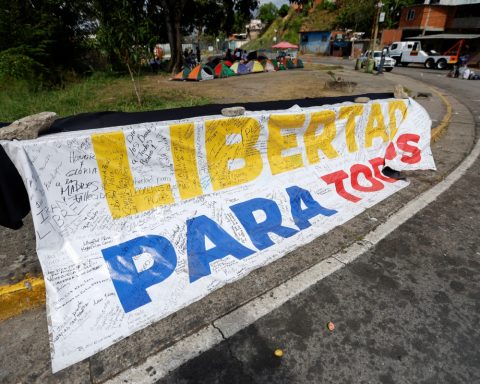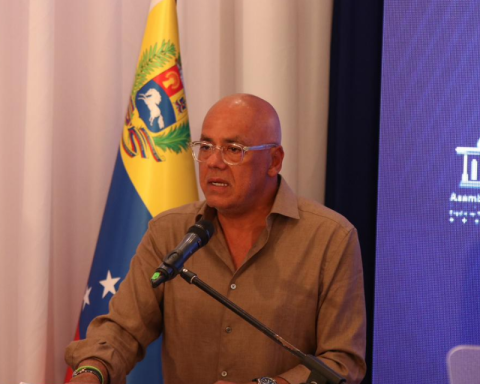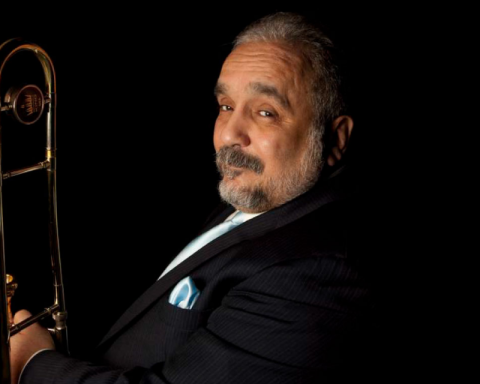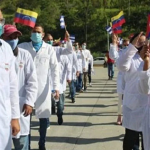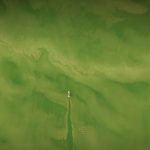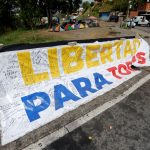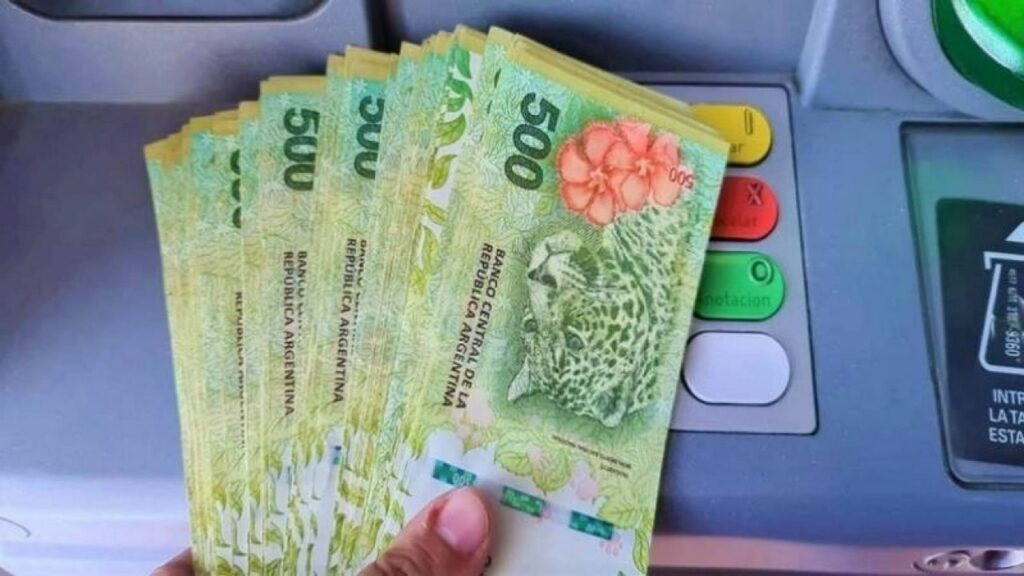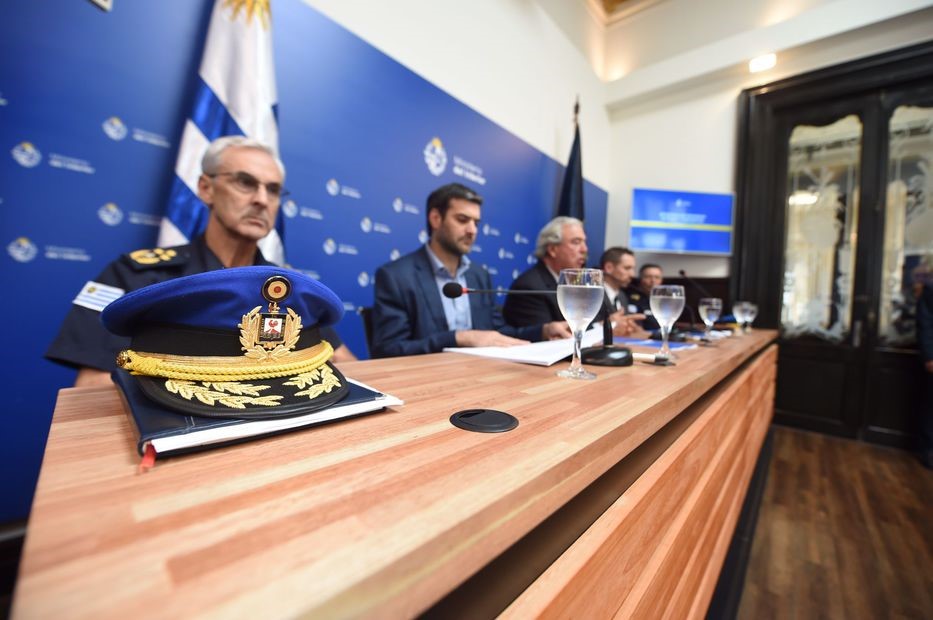The Brazilian president visited Raposa Serra do Sol, on the border with Venezuela, an indigenous territory demarcated in his first administration, which expelled illegal rice farmers who had appropriated the land. Lula affirmed that “the indigenous are not occupying any land without an owner, they are occupying 14% of the national territory, it is the other 86% who are occupying lands that belonged to them”
The President of Brazil, Luiz Inacio Lula da Silva, participated this Monday, March 13, in the 52nd General Assembly of the Indigenous Peoples of Roraima, which brings together 2,500 representatives of nine ethnic groups that inhabit the Amazon, where he promised to completely eliminate the illegal mining and to displace the garimpeirosas well as to speed up the land demarcation process to return the territories “before someone invents false documents”, a request he made to the National Indian Foundation (Funai) and the Ministry of Original Peoples.
attend the meeting, started on saturday and culminates this Tuesday the 14th, representatives of the Yanomami, Macuxi, Wapishana ethnic groups.
The president visited Serra do Sol Foxon the border with Venezuela, an indigenous territory that was demarcated in his first administration, which expelled the illegal rice farming that had appropriated the land.
Lula maintained the need to expand the indigenous territories of the country to preserve the Amazon jungle and thus avoid invasions by mafias dedicated to the illegal exploitation of wood, illegal mining and agricultural activity.
Lula defended in Raposa Terra do Sol his policy of increasing the presence of the State in issues such as health, education and economic assistance to indigenous communities.
“Although there is gold in Roraima, on indigenous land, that gold belongs to no one. It is there because nature put it there. No one has the right to touch it without the authorization of the indigenous people,” said Lula, cited Folha from Sao Paulo.
*Read also: IACHR asks Brazil to reverse the Yanomami health emergency
The president began his third term in January, after winning the elections for two consecutive terms, between 2003 and 2011. During his visit to the Roraima region, he was informed by local leaders about the sanitary conditions and the threat of invaders on their lands.
At the end of January, the Lula government declared a state of health emergency in the Yanomami indigenous reserve, the largest in Brazil, affected by child malnutrition and malaria. An investigation was announced to determine whether the health emergency was caused by an “omission” that could constitute the crime of “genocide”. The complaint asks to clarify the alleged responsibility of government officials of former President Jair Bolsonaro.
Increase production and take care of the climate
“I went to the Yanomami Indigenous Health House and I had no idea that a country that is the third largest food producer in the world could starve its children. We committed ourselves, with our ministries, to change that (…) To the extent that the indigenous have an incentive to produce, they will produce like any other who lives off the land. Let’s go back to Brasilia and talk to the ministers, because if we have money to finance agriculture, why isn’t there money for the indigenous people in the plantations?
The president affirmed that the indigenous people who inhabit Roraima have been “massacred” by illegal miners and assured that he will remove them “definitively” from the indigenous ancestral lands.
Lula affirmed that “Brazilian society is becoming aware that the indigenous people are not occupying any land without an owner. In fact, they are occupying 14% of the national territory, it is the other 86% that is occupying land that belonged to them”.
“We have to try to quickly legalize all the lands where studies are almost ready, so that the indigenous people can occupy their territories, to increase their production capacity and to help us take care of the climate,” Lula said.
“I have asked my ministers to show me all the lands that are ready to be defined because we need to do the demarcation quickly, before they seize them, before someone invents false documents, false deeds and says they own the land. land,” Lula said in his speech.
He insisted that it will be possible to demonstrate that “this world can produce food without having to cut down one more tree in the Amazon, without having to spoil another river, without having to contaminate the water more.”
President Lula participates in the 52nd General Assembly of the Indigenous Peoples of Roraima https://t.co/MXozIFUrE2
– Lula (@LulaOficial) March 13, 2023
According to the organizers of the indigenous meeting, it is the first time that a president of Brazil has attended.
The demarcation of lands is an exclusive competence of the Executive Power, according to the Brazilian Constitution, which considers the right of indigenous peoples to lands as original, for occupying them before the formation of the national State.
The demarcations were completely paralyzed during the government of former President Jair Bolsonaro (2019-2023).
Post Views: 139
